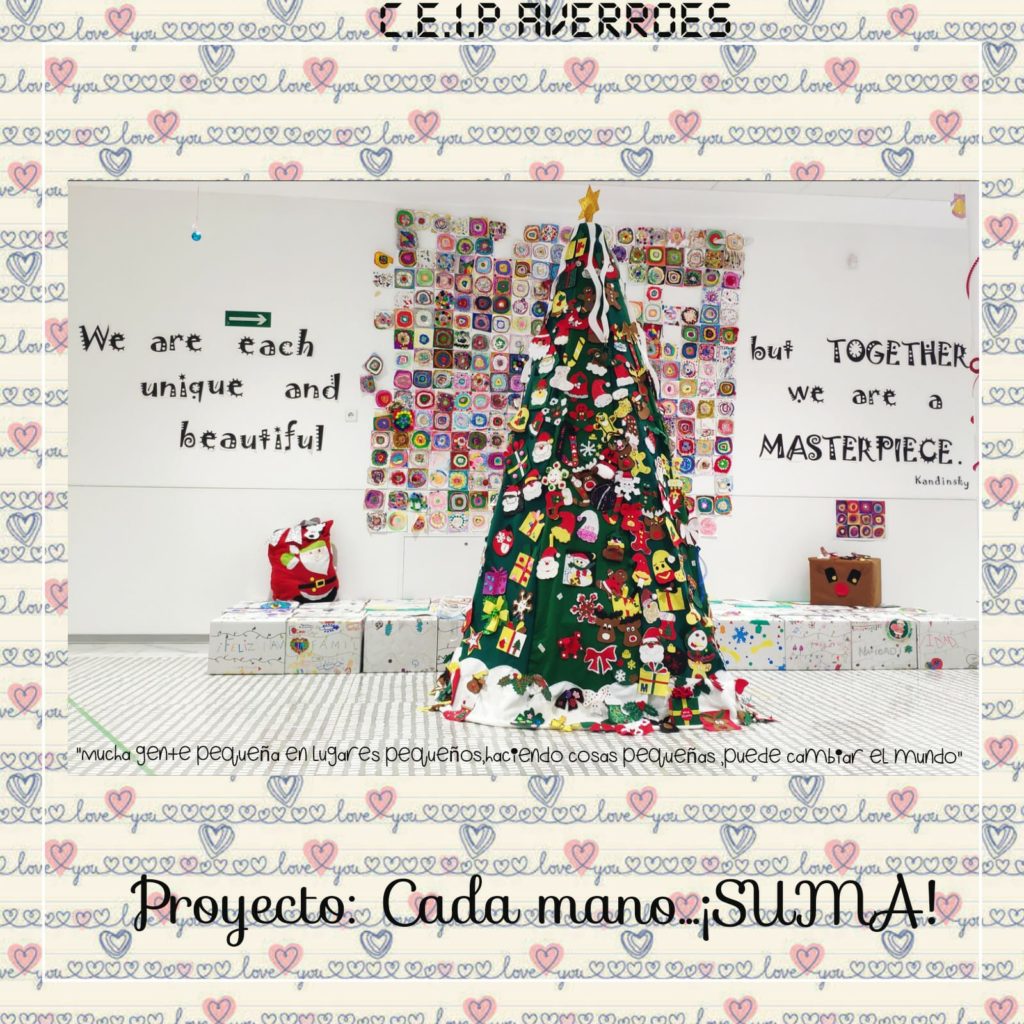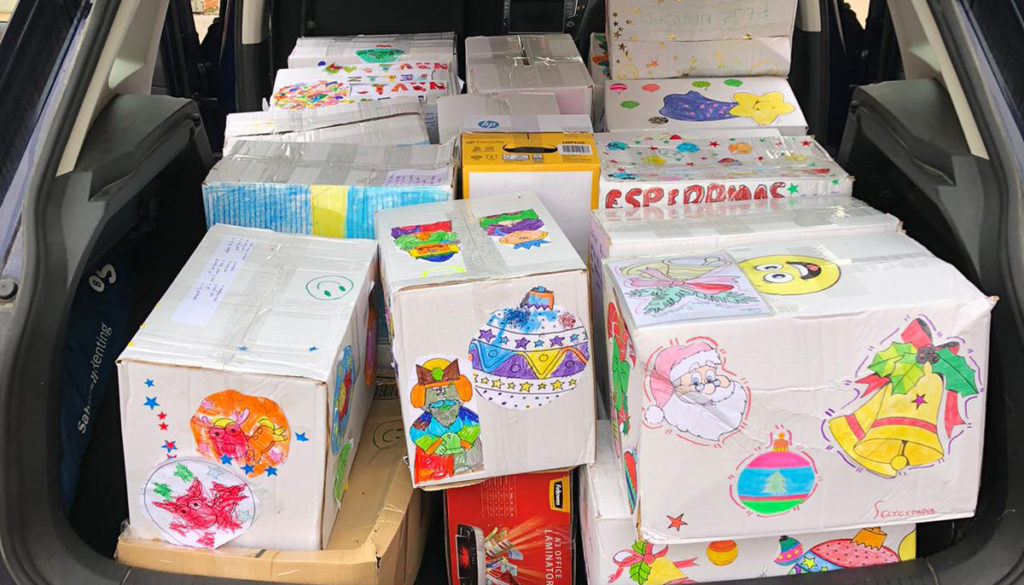What is Service-Learning?
A simple answer to this question is that the ApS implain learning by doing a service to the community. It goes beyond mere solidarity. It entails a learning process, and a training process in the students themselves, who acquire basic competencies of service to the community. In service-learning, students identify a situation in their immediate environment that they are committed to improving, developing a solidarity project that brings into play knowledge, skills, attitudes and values.
Planting a tree where it is needed is an act of solidarity. Researching the causes of forest degradation is a learning activity. Committing to its reforestation by applying what has been studied is service-learning.
I believe that Religion teachers have been working in these areas for many years.Perhaps without realizing that we were using this ApS methodology. We simply knew that we were educating. We knew that solidarity, empathy, commitment to our society were essential dimensions of our being Christians, based on the deep sense of brotherhood that comes from knowing that we are children of the same Father. And being in school, we understood that everything we do in that 'field must necessarily be educational, not just a simple action of solidarity.


This Christmas of the COVID-19 year has brought us a service-learning project launched by teachers of Religion, and to which many teachers of other subjects have joined. This is the project Every hand adds up.
The purpose was to launch a campaign to collect food in the form of 'Christmas baskets' for those families most in need precisely because of the pandemic. A project carried out by the association VEN Y VERÁS EDUCACIÓN in collaboration with diocesan Caritas.
As we were saying, beyond the solidarity action, there is an important educational work. First of all, the analysis of reality. The situation generated by the pandemic, its impact on our immediate environment, the specific needs of a family... were topics of previous dialogue in the classrooms. From there, the collaborative work of everyone began. Of course we had to bring the food, but we also had to design a good drawing for the solidarity boxes or write messages that would be attached to each of the Christmas baskets.
Another important point was the fact that former Religion students, who have promoted an association of students called 'Two or more,' were the driving force behind this initiative. This reference of seeing young people who have acquired these values that are taught in the classroom and have assumed them in their lives has undoubtedly been of great educational value. An educational line of peer-to-peer mentoring that is worth pursuing further.
In the end, more than two thousand solidarity baskets were collected with the participation of more than sixty schools. Something that for a first edition of this project has been, undoubtedly, a great achievement.
There is no doubt that in the application of this dimension of the LOMLOE, which is the service-learning projects, Religion teachers have much to contribute.













